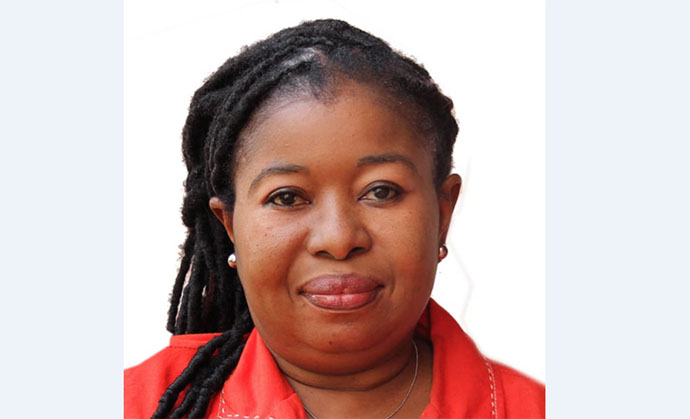
The 21st century person with disability and politics under inclusive development agenda
In this 21st Century, all nations including African countries and for that matter Ghana have come to recognize the inherent dignity, the equal and inalienable rights of all members of the human family as the foundation of freedom, justice and peace in the world.
Advertisement
Thus, guaranteeing persons with disabilities the right to vote and to be voted for
Society has awakened to the global illumination that, deepened democracy corresponds with effective representation and the participation of persons with disabilities as active participants in the national and local governance.
To this end, the Fourth Republic of Ghana witnessed an indelible history when some persons with disabilities were given the opportunity to exercise their civic rights as ministers.
Critical assessment confirms
History is made and the inclusion of persons with disabilities in political decision-making activities is in
The global illumination of democracy embraces diversity and more especially disintegrates historic understandings associated with disability.
Consequently, the use of stigmatizing terms such as “dumb,” “mental retardation,” “unsound mind,” “disabled,” “not whole” among others are of the past.
Apparently, persons with disabilities are no more considered as victims of their disabling condition, worthy of charity or objects to be fixed, cured and
pitied.
In Ghana, the ideology of the 21 st Century person with
This provision disintegrated the historic prejudice and stereotype that worked against
The National House of Chiefs
In other words, customs and traditions including practices and understandings that restrict persons with disabilities to hold
So, it is not a mystery that, in this 21 st Century, there are no laws― both internationally and locally that confines and restrict persons with disabilities to specific geographic areas and categorized political or public offices.
Remarkably, there is hence a growing trend towards an inclusive society towards a sustainable growth and Ghana is towing that line. Albeit the 2030 Agenda stresses the self-representation of persons with disabilities in all socio-economic and political activities.
Specifically, the SDG 10
Remarkably, physical structures, academic curriculum, the work environment are undergoing
With this
Governments have a commitment under international and domestic laws, in the order of standard and best practices to appoint persons with disabilities
In conclusion, “leave no one behind” requires a change in the attitudes and actions of all people concerned ― particularly you. In that respect, each and everyone has a role to play in creating an inclusive Ghana.
First and foremost, Governments ought to pursue development agendas, programs
Essentially, state agencies have a duty towards the citizenry to adopt laws that specifically and categorically address the effective inclusion of persons with disabilities; for the simple reason that the Persons with Disability Act is not “all” exhaustive but guides the adoption of other laws to address issues of disability.
At the heart of all these obligations, Parliament is urged to pass laws that make conscious effort to include and cover persons with disabilities.
In the same vein, policy makers have obligation to implement policies that benefit persons with disabilities on
Primarily, service providers ―both the public and private sectors must consider widening their market as well as the employment spheres to engage
with persons with disabilities.
It is past time and imperative, that policies on universal support systems are adopted to effectively include persons of all abilities in Ghana’s
Writer's email: [email protected]



